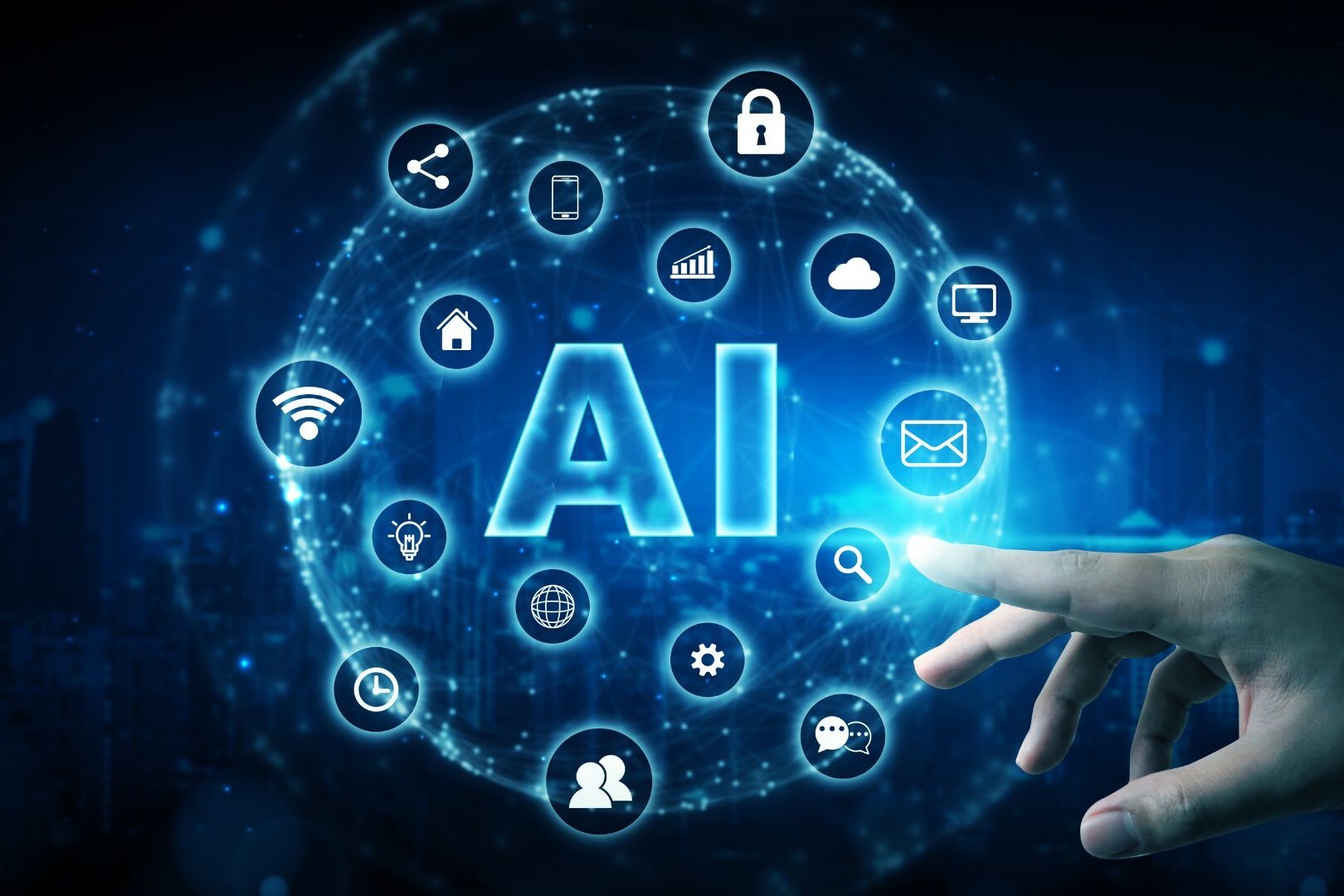Barry Phillips (CEO) BEM founded Legal Island in 1998. He is a qualified barrister, trainer, coach and meditator and a regular speaker both here and abroad. He also volunteers as mentor to aspiring law students on the Migrant Leaders Programme.
Barry has trained hundreds of HR Professionals on how to use GenAI in the workplace and is author of the book “ChatGPT in HR – A Practical Guide for Employers and HR Professionals”
Barry is an Ironman and lists Russian language and wild camping as his favourite pastimes

This week Barry Phillips shares six of his many takeaways from his AI keynote delivered this month.
Transcript:
Hello Humans! And welcome to the podcast that aims to summarise in 5 minutes or less each week an important development for HR relevant to AI. My name is Barry Phillips.
This month at Legal Island has been big. But November is always big for us with Annual Review Conferences in Belfast and Dublin in front of a total of 800 people and more. This time its been big for me with a keynote to deliver on AI at each location.
So to mark this big month here’s six of my many takeaways from the 40 minute session I had the honour of presenting in the north and south of Ireland this month.
1. Jobs will change – a lot.
The World Economic Forum predicts 170 million new jobs will be created by AI by 2030, but 92 million will be displaced. That’s a net gain, but not at the same time or in the same places. HR should expect short-term disruption and higher unemployment in some sectors while the transition plays out.
2. Role clarity for HR is non-negotiable.
For HR to be effective in this era of rapid change, there must be clear role definition from the top, ideally through a documented AI strategy that’s communicated to all staff.
3. Stop treating “AI” as one big blob.
“AI” is an umbrella term and is often lazily used to mean “GenAI”. HR should break it into three buckets:
- GenAI (e.g. Copilot, ChatGPT)
- Traditional AI (e.g. spam filters, text correction)
- AI Agents (workflow tools and automation)
This makes governance, training and decision-making far more manageable.
4. It’s beyond ‘digital transformation’.
The phrase no longer captures the scale of change. Call it “transformational AI” if you like, but either way HR should be ready to lead on job security concerns, reorganisations, and rethinking how work gets done.
5. Ditch ‘prompt engineering’ as a universal skill.
A better focus is GenAI collaboration: knowing how to “sit down” with an LLM, adjust settings for data security and quality of output, and iterate effectively. Employees should be encouraged to use a simple structure like CROW when working with an LLM like ChatGPT: Context, Role, Objective, Work and Re-work.
6. Cost or value creation? - Do you want to be seen as the head of a cost centre, or the leader of a value-creation team that is transforming talent acquisition, performance, and the way work is done to secure genuine competitive advantage?
Big points? The role of HR next year will be many things but it wont lack a challenge that’s for sure.
Until next week.
 AI Literacy Skills at Work: Safe, Ethical and Effective Use
AI Literacy Skills at Work: Safe, Ethical and Effective Use




